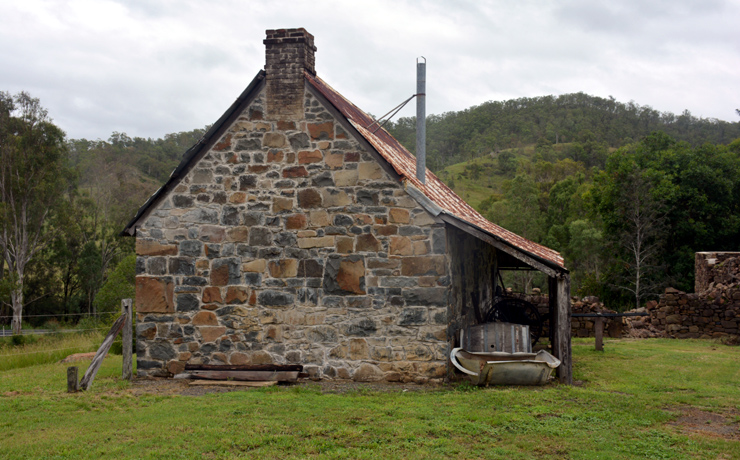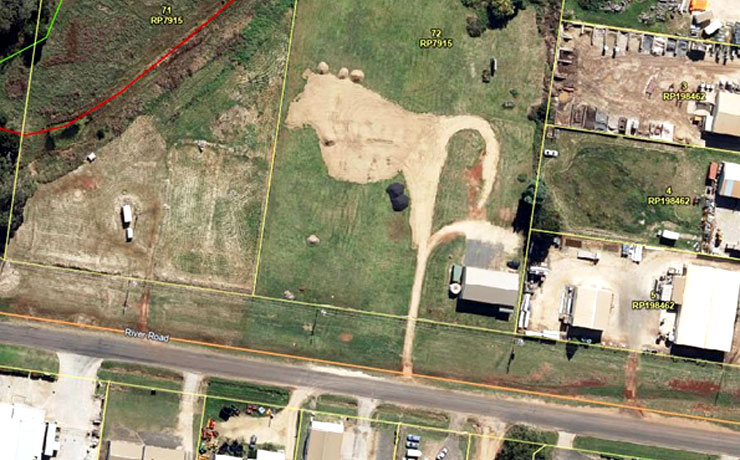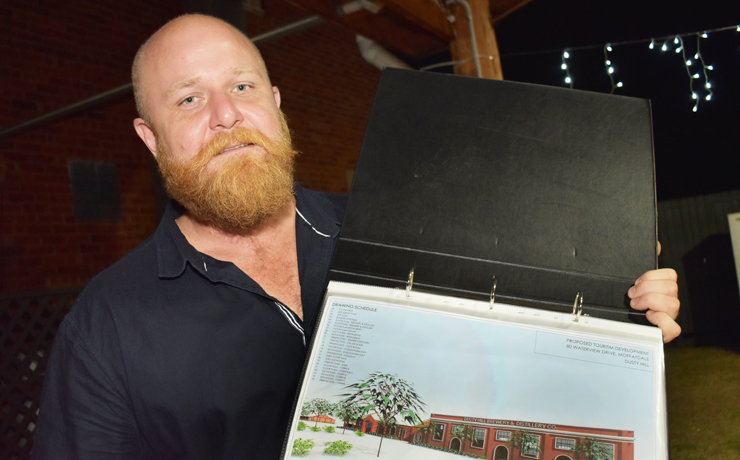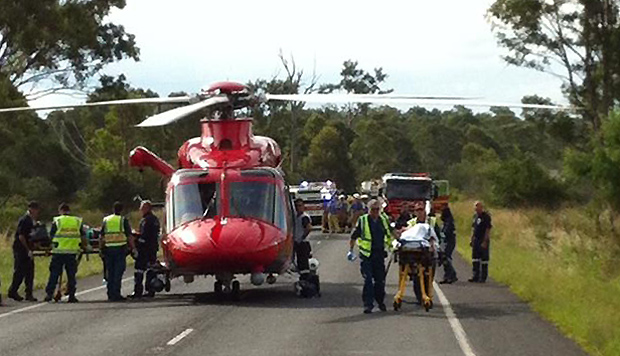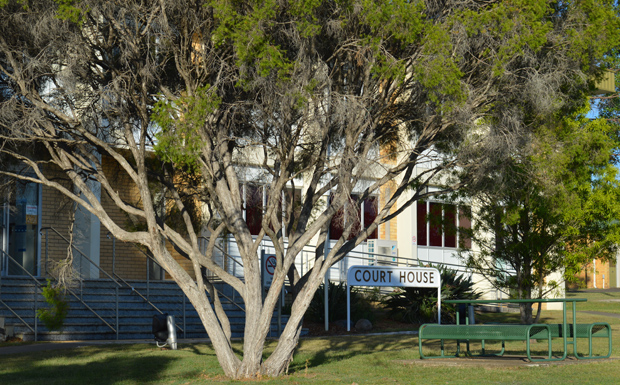
Stirling Hinchliffe
The State Government has backed down on several controversial reforms it planned to introduce ahead of next year’s Council elections in the face of strong protests from Councils across the State.
However, South Burnett and Gympie Regional Council voters will still have to number every box for their Mayor and divisional councillor at the March 2020 ballot.
And the opportunity for candidates to nominate for both positions has been ruled out.
On Monday, Local Government Minister Stirling Hinchliffe said given the complex nature of some of the proposed reforms, the government would carry out further consultations.
“Stakeholders have made it clear there needs to be further consultation on a series of proposed reforms, and we’ve agreed to more discussions on some of the proposals,” he said.
“We’ve already delivered a ban on political donations from property developers, stronger conflict of increased provisions for councillors and a new Office of the Independent Assessor to deal with councillor complaints.
“These reforms are all informed by the CCC’s Operation Belcarra report, as are the additional reform measures under consideration.”
Mr Hinchliffe said the State Government had decided to introduce Compulsory Preferential Voting (CPV) for Mayoral and Divisional councillor elections, starting from the 2020 Local Government election.
The aim of this change was to align Council voting with State and Federal elections to avoid voter confusion.
“CPV ensures every vote counts – it elects the candidate preferred by a majority of voters, and is thus inherently more democratic,” Mr Hinchliffe said.
However, a proposal to change the voting system for undivided councils – such as Toowoomba Regional Council – has been deferred.
The proposal would have introduced Proportional Representation (PR) which critics suggested would have encouraged the politicisation of local councils.
“Feedback received on PR showed this change to the voting system would be too complex to introduce for the 2020 Local Government election,” Mr Hinchliffe said.
“As a consequence, further consultation will be undertaken on PR, with the aim of introducing partial proportional representation for undivided councils at the 2024 Local Government election.”
Mr Hinchliffe said the State Government had also determined that expenditure caps for Councillors and candidates and public funding for elections required further consultation.
“Similarly, expenditure caps will not be implemented to apply to the 2020 Local Government elections,” he said.
“And we will not be proceeding with dual candidacy arrangements, meaning candidates can only nominate as Mayor or councillor but not as both.”
Mr Hinchliffe said Stage 2 of State Government’s Belcarra reforms would now include:
- Real time disclosure of electoral spending
- Further tightening of conflict of interest and material personal interest provisions
- Definition of a group of candidates
- Mandatory training for candidates and councillors
- Dedicated campaign bank accounts – prohibiting the use of credit cards for campaign expenses
- Tightening of reporting of gifts, and
- Changes to Mayoral powers
Mr Hinchliffe said the State Government would continue to consult with stakeholders as part of its rolling local government reform agenda.
* * *
The changes have come ahead of an extraordinary Local Government Association of Queensland (LGAQ) meeting of mayors and councillors from across the State in Brisbane on Tuesday to discuss the proposed reforms.
On Monday, LGAQ CEO Greg Hallam welcomed the government’s backdown.
Mr Hallam said the major driver of the LGAQ’s opposition to the proposals was to protect the interests of Queensland voters.
“We are pleased the government has shifted its position on some of the issues,” Mr Hallam said.
“While the government remains committed to certain changes that will impact the conduct of next year’s Local Government elections, the scope of these plans has shrunk.
“Compulsory preferential voting will only apply to elections for all mayors and for councillors in divided councils, while proportional representation will not be a feature of next year’s poll.
“The government has also agreed that plans for campaign spending caps and public funding of election campaigns need further consultation.
“The proposal to dual candidacy for the positions of mayor and councillor has been dropped.”
The general meeting of LGAQ members to discuss the proposed changes will still go ahead on Tuesday.
Related articles:












